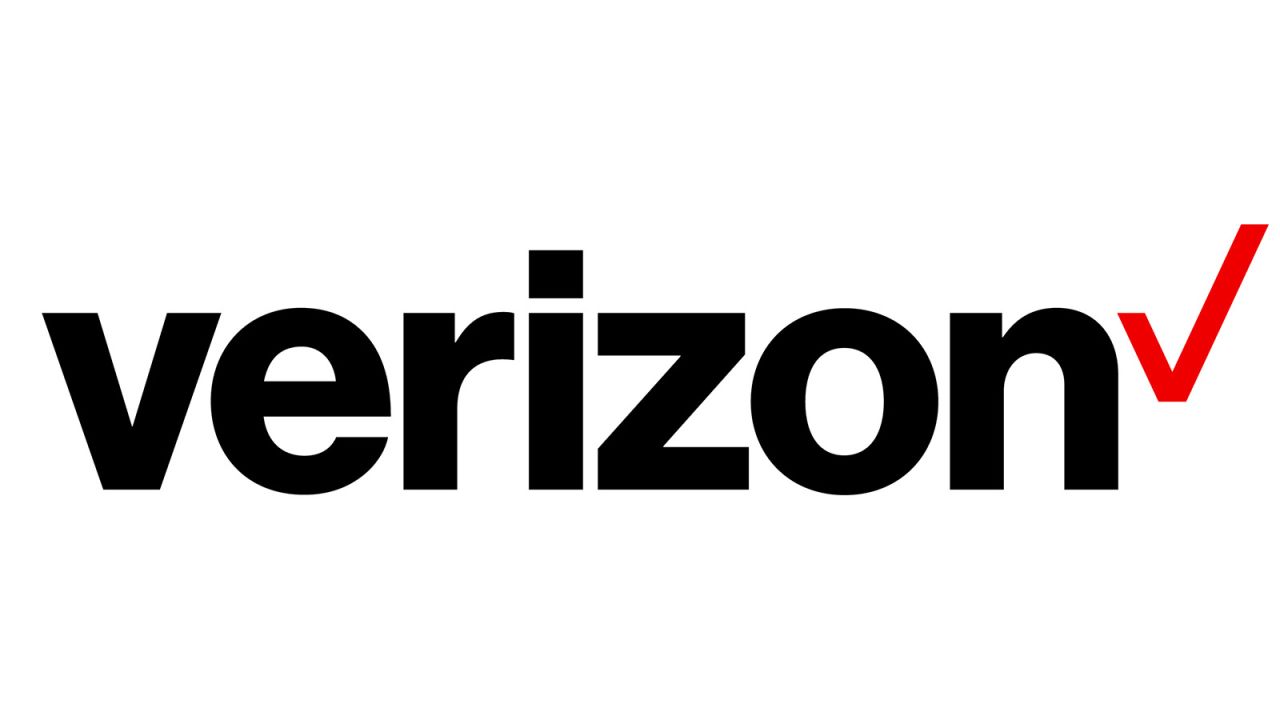
Verizon Communications Inc. (VZ:NYSE) Navigates Financial Challenges
Verizon Communications Inc. (VZ:NYSE) has been navigating through a challenging financial landscape, marked by a significant 30% drop in its stock value over the past three years. This decline comes in the wake of rising interest rates, which have broadly impacted the market. Despite these hurdles, Verizon’s dividend yield has seen an uptick to 6.6%, a notable increase from its typical 4% yield. This rise in dividend yield is particularly significant against the backdrop of its latest quarterly report, which showed that while Verizon’s operating revenue held steady at $33 billion, its consolidated net income dipped to $4.7 billion from $5 billion in the previous year. However, the silver lining was the improvement in free cash flow, which climbed to $2.7 billion for the quarter, up from $2.3 billion in the corresponding period last year.
The company’s leadership, under CEO Hans Vestberg, remains optimistic, labeling the quarterly results as “strong” and reaffirming the company’s trajectory to meet its annual guidance. This guidance projects a 2% to 3.5% growth in wireless service revenue and a 1% to 3% increase in adjusted EBITDA. Despite the modest performance in the quarter, the dividend’s security is underscored by a payout ratio based on earnings per share of $1.09, comfortably higher than the quarterly dividend payment of $0.665. This translates to a payout of approximately 61% of its profits to shareholders, with cash dividend payments last quarter totaling $2.8 billion, slightly above the free cash flow of $2.7 billion. This margin does not immediately signal concern, suggesting a sustainable dividend payout.
In the broader context, Verizon’s enduring financial stability and the sustainability of its dividend, despite the lackluster growth and economic headwinds, position the company as an attractive option for income investors. The stock’s valuation metrics further bolster this view, with Verizon trading at less than 9 times its estimated future earnings and at 1.8 times its book value. Additionally, the company’s price-to-earnings-to-growth (PEG) ratio of 1.1 indicates that the stock is reasonably priced, offering a compelling value proposition.
The current market dynamics, characterized by Verizon’s stock price at $38.89 with a slight decrease of $0.04 or approximately -0.10%, reflect the stock’s resilience amidst market fluctuations. With a trading range over the past year stretching from a high of $43.42 to a low of $30.14 and a market capitalization of about $163.7 billion, Verizon’s financial footprint remains substantial. The trading volume of 13.2 million shares underscores active investor interest in the stock. Given these factors, and with expectations of a potential decrease in interest rates, Verizon’s stock could emerge as an increasingly attractive investment, particularly for those seeking low-risk opportunities in a volatile market environment.

